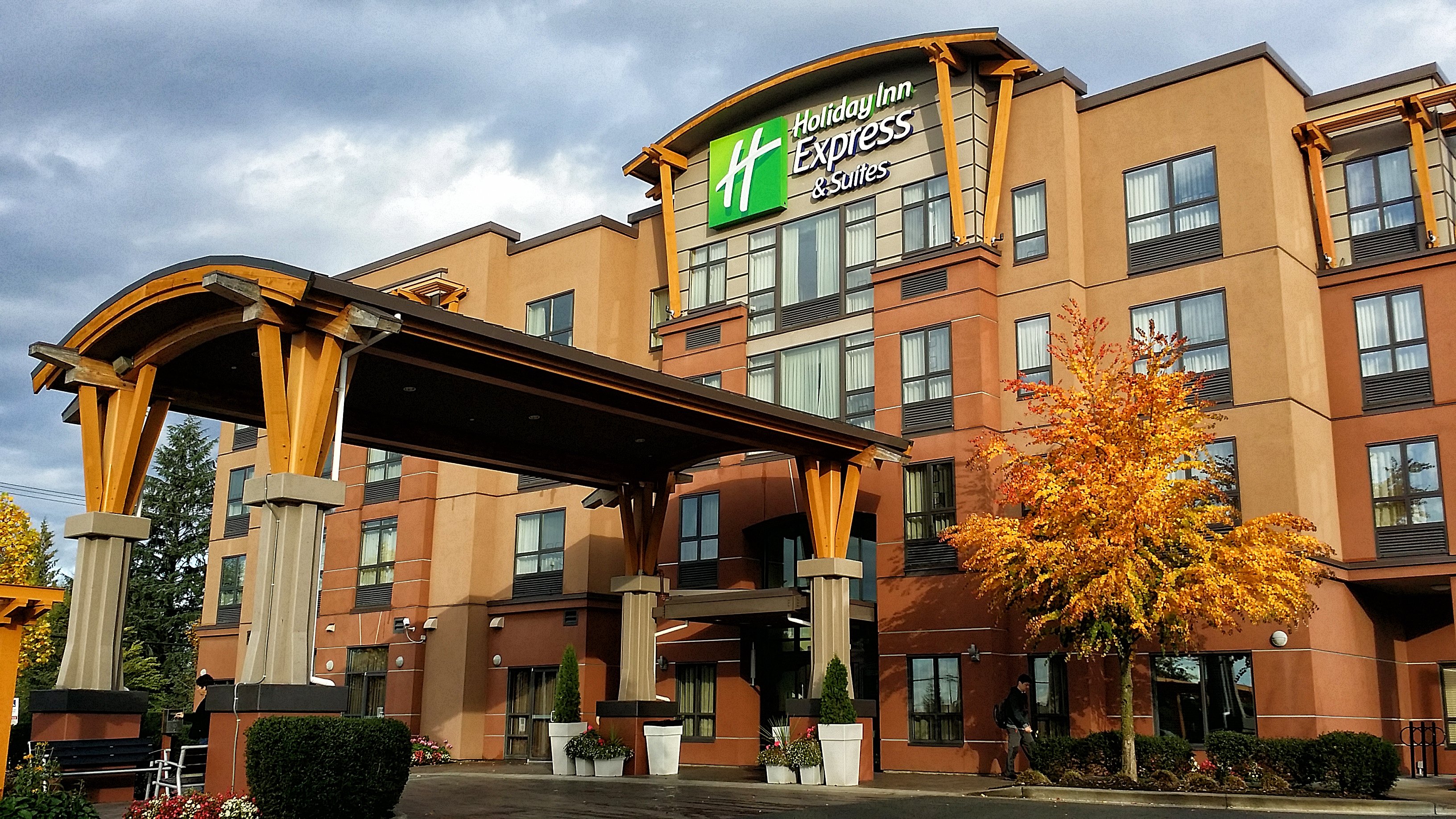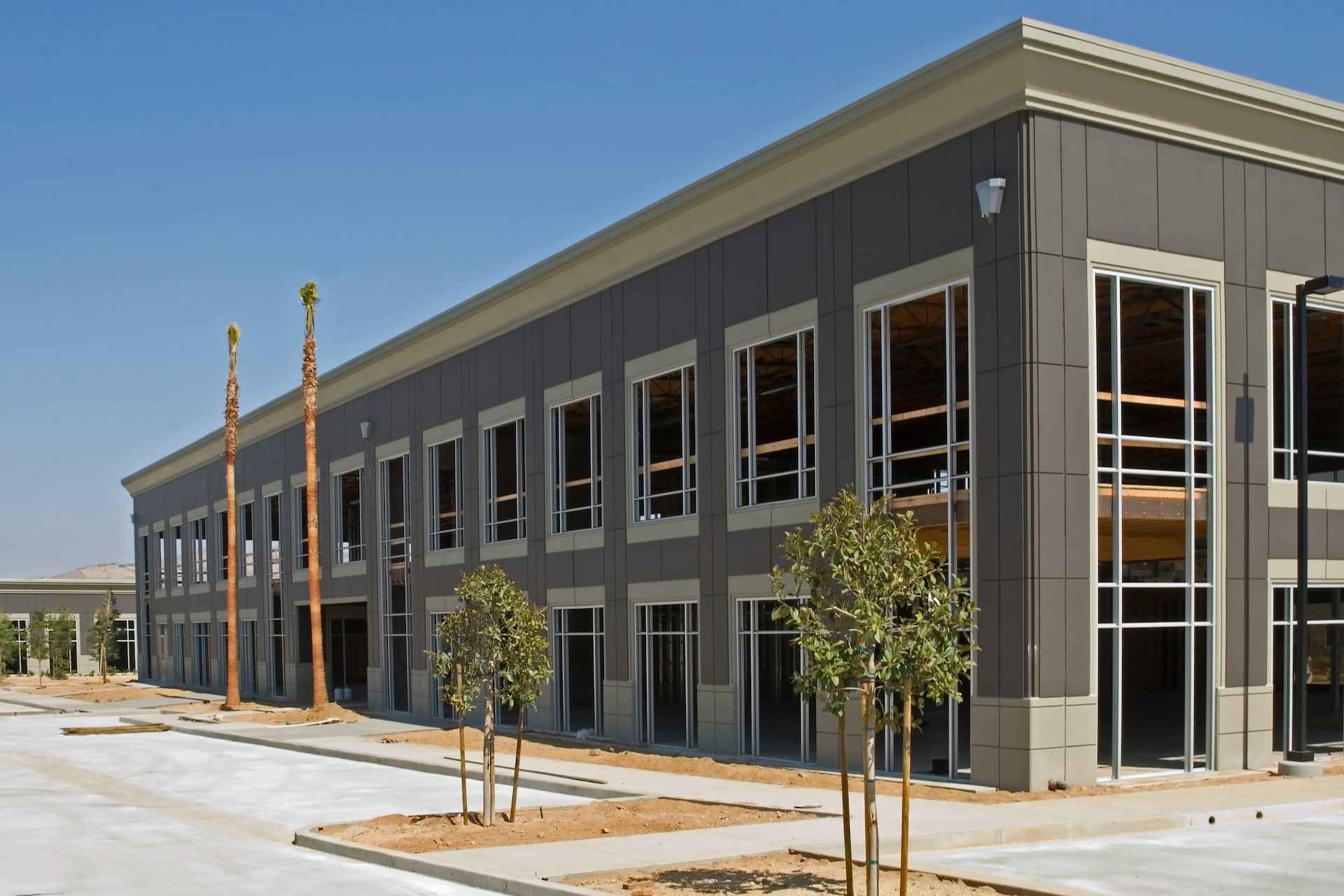Hard Money & Private Money Hotel Financing
Hard money loans can provide the funds you need to purchase and/or update a hospitality space when a bank loan is out of reach. Over the past few...

If you need short-term bridge financing for an industrial warehouse or commercial distribution center, you might consider a hard money warehouse loan. A type of short-term commercial financing, hard money warehouse loans are a solution for owner-users and warehouse investors who need to access capital quickly, either for an acquisition or for renovations such as tenant improvements.
Unlike institutional mortgage loans, which are provided by banks, life insurance companies, and commercial mortgage backed security (CMBS) originators, hard money warehouse loans are typically offered by private lenders or individual trust deed investors sourced by mortgage brokers like FCTD.
Hard money loans are considered asset-based loans, with the loan amount largely determined by the value of the hard asset — real estate — instead of cash flow, net operating income (NOI), and cap rate.
Private money loans, on the other hand, factor in the occupancy rate, cash flow, NOI, and other details in addition to the hard asset value to determine the loan amount. However, it’s not the all-encompassing underwriting process you’d expect when applying for bank or institutional financing.
These loans can be beneficial for individuals, businesses and investors that need to close quickly or have a property without any current sources of income.
Hard money and private money loans work similarly to regular commercial mortgages, except with shorter terms, usually between 12-36 months, with a balloon payment due at maturity. The monthly payments are usually interest-only, but allow borrowers to pay down principal at any time without penalty.
Most loans are written with a minimum interest clause, with a set number of interest-only payments required. For example, a 12-month bridge loan may have a 2-month interest guarantee clause written into the Loan Agreement and the Promissory Note. If a borrower is able to pay off the bridge loan after the first payment, the payoff demand will include the principal balance plus the second month of interest.
Borrowers applying for a hard money or private money warehouse loan must prepare to submit the standard application items, including:
FCTD will review and verify the mandatory documentation. It’s smart to have all of the items listed above readily available, even if they're not required.
For instance, FCTD has originated several warehouse loans that didn’t require an appraisal or environmental report (Phase 1). The owners provided the most recent appraisal and Phase 1, which in some cases were four or five years old. The lender, either a mortgage fund manager or individual trust deed investor, met FCTD and the borrowers at the property for a site visit to inspect the property's condition prior to funding.
Since appraisals and financial due diligence isn't always required, hard money and private money loans can be funded within 5-14 days.
Once funded, borrowers receive an introductory email to set up their loan servicing account from a third party provider. Most of FCTD’s loans are serviced by FCI Lender Services, Inc., in Anaheim Hills, California. Borrowers will make payments to FCI for the entirety of the loan.
There are circumstances when real estate investors and business owners need to use a hard money warehouse loan rather than financing from a bank or other institutional lender. Below are the most common reasons borrowers come to FCTD for hard money to finance a warehouse.
Banks and institutional lenders often want a stabilized property, meaning that tenants are in place, paying rent on long-term leases. If a buyer is acquiring a vacant warehouse with debt, they may need to use a hard money or private money loan to complete the purchase.
Ask any real estate broker and they’ll tell you about all the times bank financing fell through at the 11th hour, jeopardizing the deal. It happens all the time. Hard money loans can be a safety net for buyers and real estate brokers to close the sale.
I had a situation a few years ago where the owner of multiple warehouses, financed by a CMBS blanket loan, leased space to cannabis growers, who were paying double market rents. The money was great until their lender caught wind of it and called the loan, demanding the loan balance and remainder of yield maintenance be paid in full within 30 days.
CMBS loans are sold to Wall Street banks who then package tranches to institutional investors — many of whom are banks, pension managers and insurance companies. These institutions have state and federal charters, which prevent them from making investments secured by cannabis-related properties because cannabis is illegal at the federal level.
The Loan Agreement on the CMBS loan prohibits cannabis occupancy on the property. Any violation would result in an acceleration to be paid in full within 30 days.
We couldn’t do the loan because the LTV was too high after calculating the principal balance, yield maintenance, default interest, and legal fees.
Warehouse owners will take out a second mortgage to pull out cash to improve the subject property or buy another investment property.
Some warehouses are built on large undeveloped parcels. Investors may buy a warehouse with a lot of excess land using a 12-24 month hard money bridge loan. After closing on the purchase, they’ll work on the pre-development entitlements to build one or more additional structures on the land. They'll also work with a bank on construction financing.
FCTD has originated warehouse loans for more than a decade. A few of our trust deed investors made their money owning industrial buildings, so they know the ins and outs of the warehouse asset class.
Below are a few warehouse hard money loans that FCTD has originated:
The owner needed to pay off a maturing private money bridge loan and get cash out to invest in their import-export business. FCTD originated a 24-month loan that closed in 10 days. The lender met the borrower at the property for a site visit.
The owners of this warehouse building refinanced the existing loan to obtain cash-out funds for a down payment on another investment property.
An indoor cannabis grower used a $1.5 million private money loan with a 15-year amortization schedule to pull cash out for future investment into the vertically integrated company.
The developer of this tilt-up commercial building development used a $1.2 million private money construction completion loan to finance the remainder of the build.
Hard money warehouse loans can be the right tool for individuals, businesses and investors in need of short-term financing for logistics centers, distribution centers, import-export company warehouses, industrial warehouses, or manufacturing warehouses. These loans offer flexibility and a quick turnaround time, making them an attractive solution for those who need immediate funds for lucrative opportunities or temporary financing needs.

Hard money loans can provide the funds you need to purchase and/or update a hospitality space when a bank loan is out of reach. Over the past few...

If you're a Golden State real estate investor with tenants in the legal marijuana business, you'll want to know your financing options to use...

If you’re taking out a hard money loan, one thing to consider is setting up an interest reserve, which can cover the monthly payments for a few...